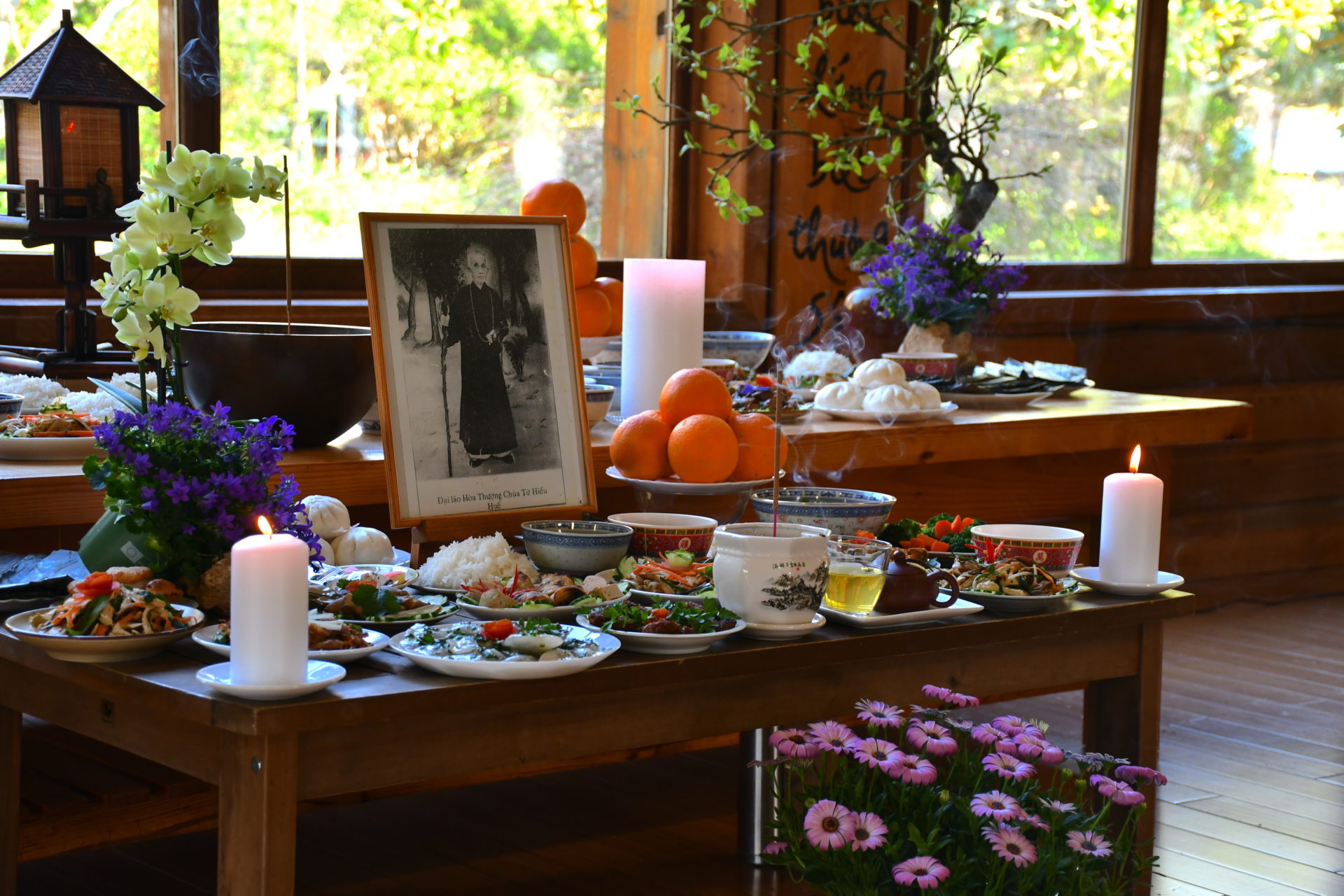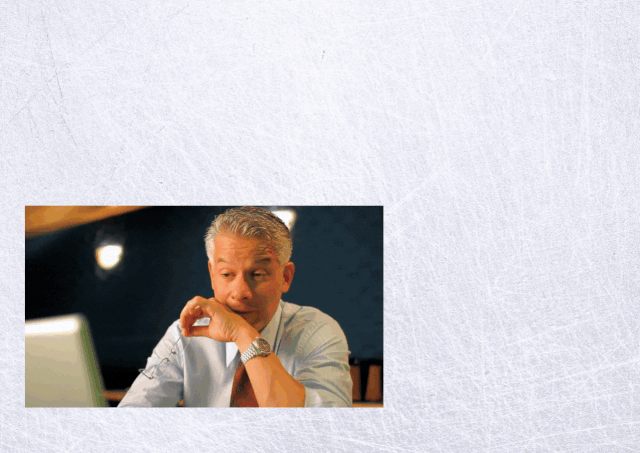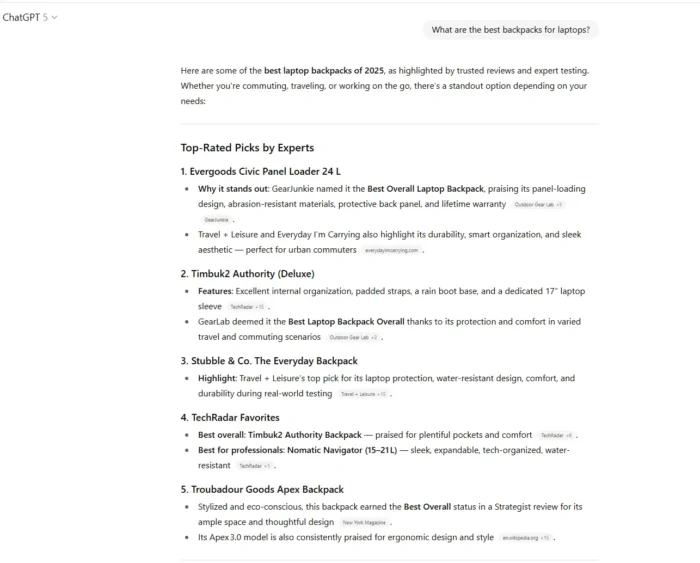A Guide to Slow and Simple Living
Slow living in a fast-paced world can feel like an impossible goal. Expectations are set high, and the demands increase feelings of overwhelming stress and anxiety. In light of these things, the slow living movement shifted our focus toward...


Slow living in a fast-paced world can feel like an impossible goal. Expectations are set high, and the demands increase feelings of overwhelming stress and anxiety. In light of these things, the slow living movement shifted our focus toward a simpler way of living. If you’re new to slow living, there’s no need to transform your life overnight. It’s a constant journey of taking small steps to allow yourself to slow down. Even if you’re a busy student, a parent, a boss, or a worker, consider this guide your starting point. Remember, everything good takes time, and we must practice patience through any lifestyle change.
Slow living comes with many benefits. God didn’t create us to be productive machines but to be human beings that need rest and time to recharge. We can find a healthy balance between work and slow living. Here is a guide to help you slow your busy life starting today.
Go slow with everyday actions.
Take some time to observe your routines for the day. Cultivate awareness of even the simplest things. I noticed we can do things on autopilot. We aren’t aware of what we do or how we respond. I began to slow down to be more aware of how my everyday actions—eating, drinking, walking, talking, etc.- affect how I respond and move through life. I would ask myself, “Is this habit serving me and others well?”
We must be mindful of how we engage with the day, environment, and people. We are always rushing to the next thing without catching our breath. Go slow and take time with everyday actions, big or small. Moving at a slower pace does not come naturally. It’s a process that takes time. Consider instead being intentional with each day. Take time to read, enjoy every meal, meditate on verses, pray before tackling the next task, or smile more often.
Switch off devices.
Technological devices feed our addictions for instant results. Too often, we use technology as a distraction. It can strip us of the chance to delight in the present. I gravitate towards social media, phone, or TV. I am guilty of endless scrolling. I realized I was glued to my devices more than being present with my family and friends. It takes a firm belief that being present is far more edifying than staring at the screen.
Instead, allow your mind to adjust to a more natural rhythm. Observe God’s divine creation all around you: the animals, insects, babies, people, the changing of seasons, etc. Savoring each moment, here and now, is a big part of slow living. Our minds and bodies were made for a slower pace.
Make no plans.
Give yourself a day off or a few hours to go with the flow. Set no plans or expectations. Let the day flow naturally, and see what unfolds. Constantly having things to do without breaks or breathing space can lead to chronic stress (or anxiety). As you may have guessed, I like to plan and create to-do lists. But I know I won’t be able to complete everything. I cringe, knowing there is still much work to be done.
Life happens. I learned to take a softer approach to each day. Scripture reminds us the Lord directs our steps and delights in every detail of our lives. (Psalm 37:23-24). Slow living is all about welcoming this softer approach to life. We can seek the Lord’s help to teach us how to use our time well.
Learn to say no.
Set healthy boundaries with your commitments —work, relationships, home, etc. So you aren’t overwhelmed and always busy. Say no to taking on extra projects or tasks that you don’t have to. Pass up on opportunities that don’t serve a purpose or can drain you. Learn to streamline responsibilities and workload.
I’m naturally self-sufficient, which isn’t a bad habit, but I tend to go to the extreme by taking on more commitments than I can handle. I had to put things into perspective and recognize when to take some of the load off my shoulders. If you’re overwhelmed, it’s perfectly okay to ask for help from family, friends, or your boss about ways to pass off responsibilities to others. Learning when to say Yes or No in any situation takes practice. This has been a helpful resource in my own life.
Live from a heart of gratitude.
We so easily get caught up in what others have or what we don’t have that we lose sight of what we do have. When you’re grateful for what you have, you’re less inclined to want more. Gratitude teaches us to be content with what the Lord has given us and reduces the cycle of racing to achieve or obtain the next ‘great’ thing.
Remember that having more —whether more belongings, success, or money- often comes with more responsibilities, costs, and sometimes more stress. I started a gratitude journal to reflect deeply on the things God has blessed me with.
Here are some examples:
I’m grateful for a place to call home.
I’m thankful to be able to feed my family.
I’m thankful to have running water, both hot and cold.
I’m grateful to be surrounded by and participate in a community (home, neighborhood, school, or church).
What lights up your heart?
We can live a simple life by embracing a slower mindset. Slow living restructures our schedules so we can spend more time on meaningful activities. This is a reminder to slow down, engage in the present, and, most importantly, breathe.
***
About the Author: Tiffany Lee is a wife, first-time mom, and former educator who shares her journey into minimalism and simple living on her blog at Truth and Beauty Co.. She writes a lifestyle guide about living simple, well, and practical to inspire others to take a mindful and balanced approach to wellness.

 AbJimroe
AbJimroe 































